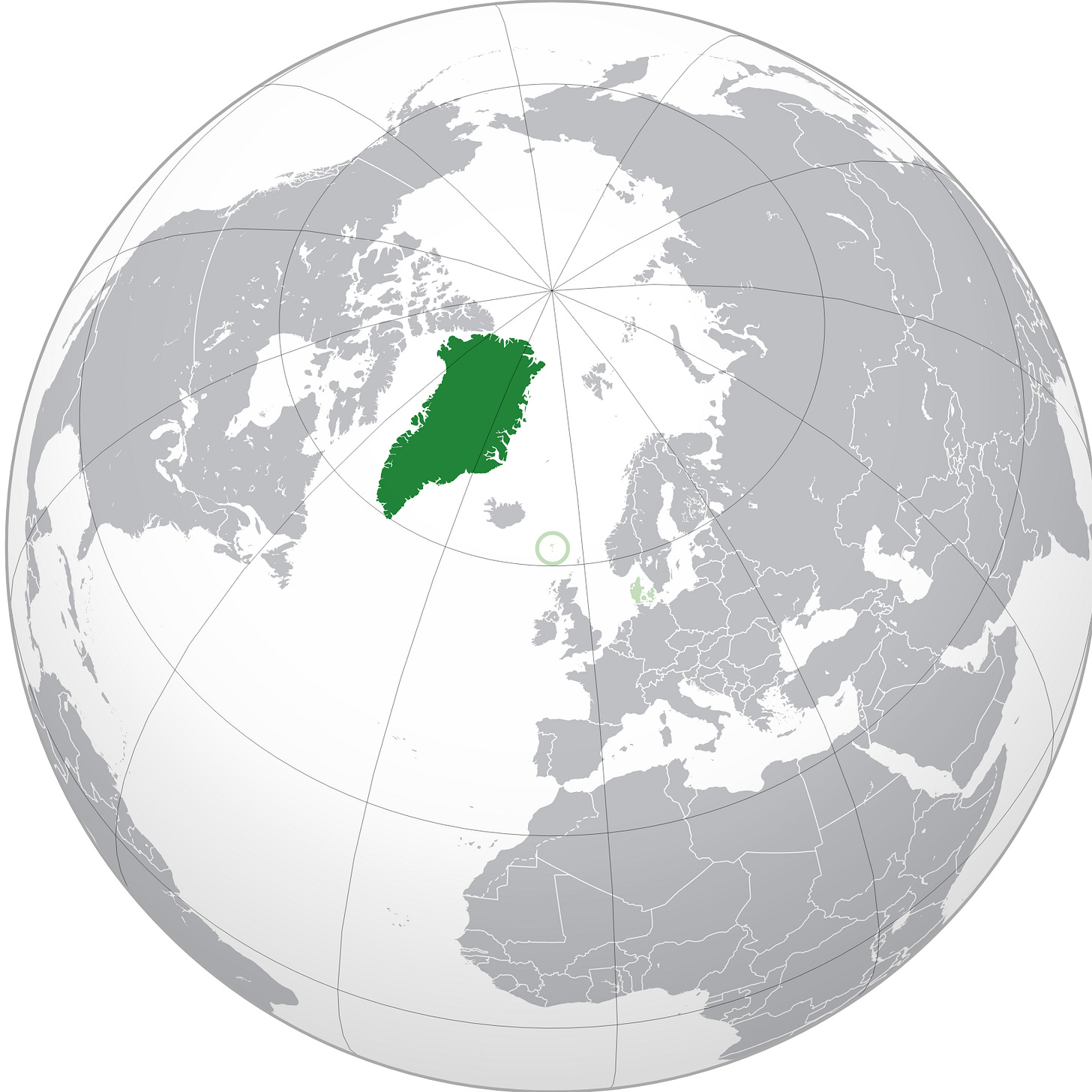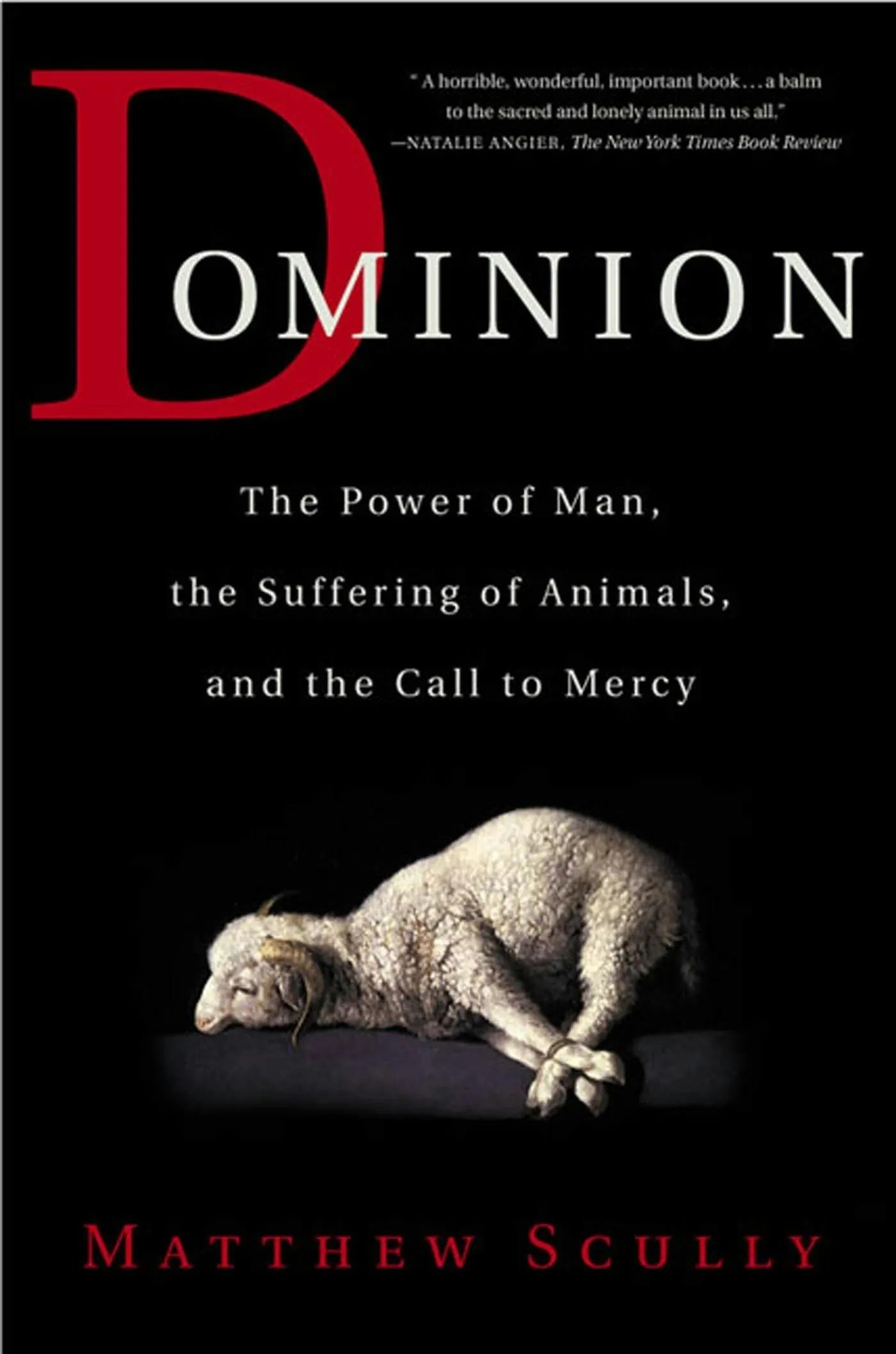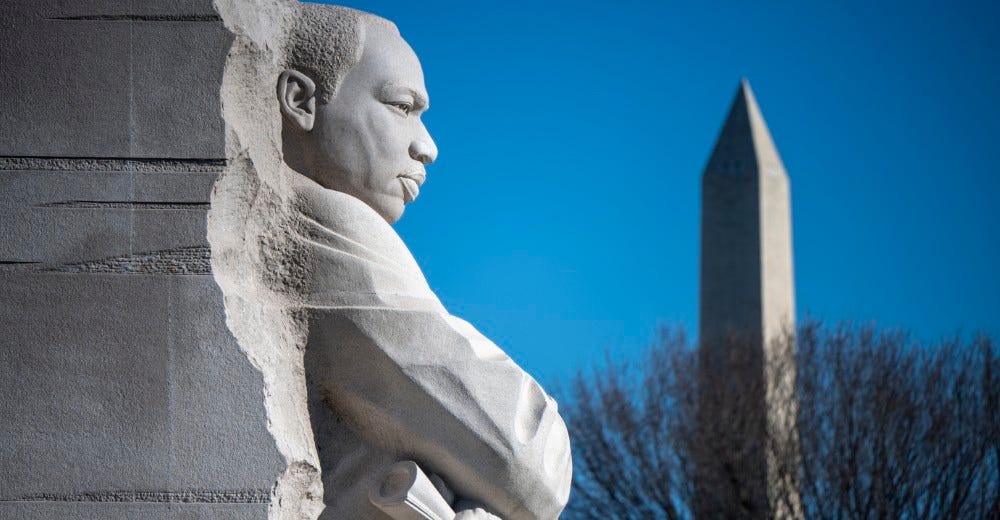Weekly thoughts, readings, musings and links from Athena Drakou, best known as The Climate Historian. The Climate Historian has also a Discord and a Patreon. Post about anything you want, ask questions, whatever. 90% of the content is free, but for the remaining 10% you can subscribe here.
Greenland Source: Wikipedia
Like many others, I’ve been reflecting on Elon Musk recently. While I recognize the achievements of SpaceX, I can’t ignore the significant public funding (taxpayers money) his companies have received or the contributions of brilliant individuals often overshadowed by Musk’s persona. Musk’s sexism, polarising ideologies, and divisive actions are only part of the problem.
I’m troubled by his leadership style and reports of toxic workplace culture, as well as allegations of inappropriate behaviour. To me, he represents a paradox: a visionary reshaping technology while embodying ethical and societal challenges, much like Tolkien's Sauron—a figure whose unchecked ambition reveals the dangers of innovation without accountability.
Read the article “Sauron in the Boardroom” by The Heretic Witch
This week on The Climate Historian
When Greenland Sneezes, The Planet Catches Cold
This week on The Climate Historian I write about Greenland and why this vast icy island matters.
Greenland embodies a modern paradox: it’s both a victim of climate change and a potential saviour for a resource-hungry world. As its ice melts and its geopolitical value rises, Greenland will become a focal point for the world’s most pressing issues—climate change, resource competition, and the ambitions of global superpowers. Whether it remains tied to Denmark, gains independence, or becomes entangled in global rivalries, Greenland’s future will shape the Arctic—and the planet.
Read the article here: Greenland: The Icy Crossroads of Climate, Resources, and Geopolitics
Climate News
Masterclass in Deception
A year-long investigation by the Forever Lobbying Project has revealed that chemical and plastic companies orchestrated a disinformation campaign to weaken an EU proposal to ban PFAS, also known as "forever chemicals." These substances, linked to severe health risks like cancer and fertility issues, persist in the environment and are expensive to clean up, with costs projected to exceed £1.6 trillion across Europe over 20 years.
The disinformation strategies employed by chemical and plastic companies to defend PFAS mirror a long history of corporate deception. From tobacco companies denying the link between smoking and cancer to fossil fuel industries sowing doubt about climate change, these tactics have become a well-orcheastrated playbook. Misleading scientific claims and scaremongering about economic impacts are all strategies designed to protect profits at the expense of public health and the environment. (Olivia Barber on Left Foot Forward)
Rethinking Food: Why Plant-Based Diets Are the Answer to Climate Change
Animal agriculture and food systems are significant contributors to greenhouse gas (GHG) emissions, yet they often receive less attention in climate change efforts compared to sectors like energy and transportation. From methane released by livestock—a gas 25 times more potent than CO₂—to deforestation for grazing, fertilizers producing nitrous oxide, and emissions from processing and transport, the impact is massive.
Now, a new study, "Solving Climate Change Requires Changing Our Food Systems," argues that the pressing nature of irreversible climate change effects requires rethinking our food systems.
With a growing global population, the study warns of rising food insecurity and starvation unless we shift away from the inefficient, resource-intensive model of factory farming. (Phys.org)
India reports 7.93% drop in greenhouse gas emissions in 2020
There are several factors contributing to this reduction.
COVID-19 Impact: The global pandemic and subsequent lockdowns played a significant role in reducing emissions, particularly in the first half of 2020.
Increased Renewable Energy Capacity: As of October 2024, non-fossil fuel sources accounted for 46.52% of India's power generation capacity.
Forest capacity: India's forests and tree cover have been growing steadily, acting as a carbon sink and contributing to emissions reduction.
Policy Interventions: Programmes such as the Green India Mission and National Afforestation Programme have supported sustainable forest management and conservation
While this reduction is significant, it's important to note that global emissions rebounded strongly in 2021 as economic activity resumed post-pandemic. (The Times of India)
Book of the Week: Dominion
Twenty years ago, I decided to stop eating red meat after learning about the harmful effects of cattle farming in the Amazon. The scale of destruction was impossible to ignore—cattle farming isn’t just a leading contributor to methane emissions—a potent greenhouse gas; it is also dried deforestation and transforms entire ecosystems. Giving up red meat became my stand for the planet.
In the years that followed, I dug deeper into the farming practices, particularly the intensive methods used in the United States. What I discovered was profoundly disturbing; the cruelty inflicted on animals in these industrial animal farms was beyond heartbreaking. As a result, I stopped eating meat altogether. It wasn’t just about the environment anymore; it was about standing against cruelty and making more conscious, ethical choices.d
Read more:
What else I’m reading
Ten big animal welfare wins of 2024 “Against the giant wrongs of factory farming, these wins may appear small. But for the animals affected, they’re a big deal. And they were all achieved by a small group of advocates operating with less funding than Harvard spent renovating a single residential house.”
There are no pure cultures - All of our religions, stories, languages and norms were muddled and mixed through mobility and exchange throughout history.Collective human memory is a partial and imperfect repository of our encounters with one another through time. We are not good at remembering, let alone acknowledging, the ways that these encounters have shaped our present societies, cultures and economies. So, how did we forget?
The cultural markers of identity we cherish most jealously – our cuisines, religions, languages and social mores – are products of past globalisations. When we celebrate such cultural markers as ‘authentic’ elements of our identities, we are effectively celebrating our shared human culture, born of a long chain of encounters and exchanges. (Aeon)
Spain plans a bold housing reform: a tax of up to 100% on property buys by non-EU citizens who aren’t residents. The goal is to curb foreign investment blamed for soaring housing prices and shortages in cities and coastal areas.
It's time to prioritise locals over investors, keeping housing affordable and accessible for those who actually live there. Could this set a global trend for protecting communities from being priced out? Let’s hope so! (The Times)
Image of the Week: The Stone of Hope
The Stone of Hope, a granite statue of civil rights movement leader Dr. Martin Luther King, Jr., is seen in this image from Jan. 5, 2025. The statue is part of the Martin Luther King, Jr. Memorial in Washington.
Dr. King inspired millions to answer the righteous call for racial equality and to build a world where every person is treated equally, with dignity and respect.
Image credit: NASA/Bill Ingalls
Quote of the Week
“This event, for me, has destroyed any boundary between my work and the rest of my life, my family, my friends.”
Climate scientist Benjamin Hamlington lost his house in the wildfires ravaging the Los Angeles area, bringing him face to face with the grim reality of his research field. (The Guardian)
This article is free to read, but if you found it interesting and would like to support my research and writing, please consider making a small donation at my Buy Me A Coffee page below:







